Speed Traps - Beware As The Weather Warms Up
-
Who's Online 34 Members, 2 Anonymous, 135 Guests (See full list)
- TheColonyEagle
- TIgreen01
- kj86
- Cougar King
- THOR
- MAX KOCH
- GreenGonzo
- DentonLurker
- UNTLifer
- C Rod
- HouCat
- Big Z
- MeanGreenTexan
- jtm0097
- ADLER
- Glory to the Green
- MeanGreenZen
- RM35
- 97and03
- chrisfisher
- Matt from A700
- GrandGreen
- sports88guy
- billyboy85
- Bobcat2013
- 3XNTGRAD
- MeanGreen22
- kingwoodgreen
- El Paso Eagle
- flylikeaworm
- New2Green
- MCMLXXX
- Udomann
- peanuts104
-
Images


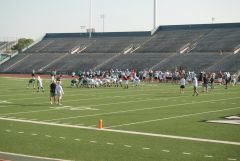
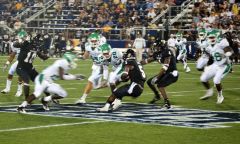

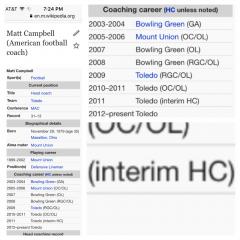
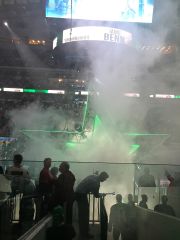
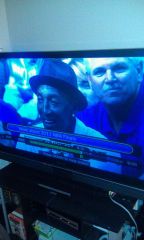

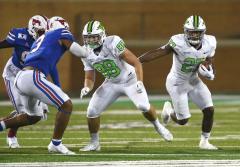


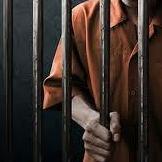


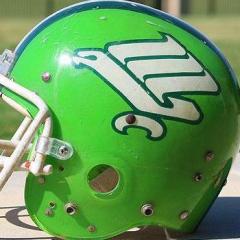
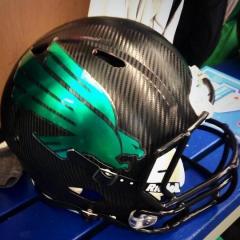


.jpg.2c34139d28f511fc91b929fa21c6b081.thumb.jpg.34e326535d3dc1a502adf551cec2bd5a.jpg)








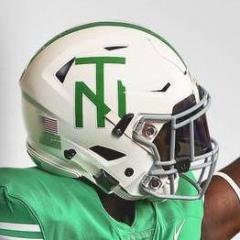

Recommended Posts
Join the conversation
You are posting as a guest. If you have an account, sign in now to post with your account.
Note: Your post will require moderator approval before it will be visible.